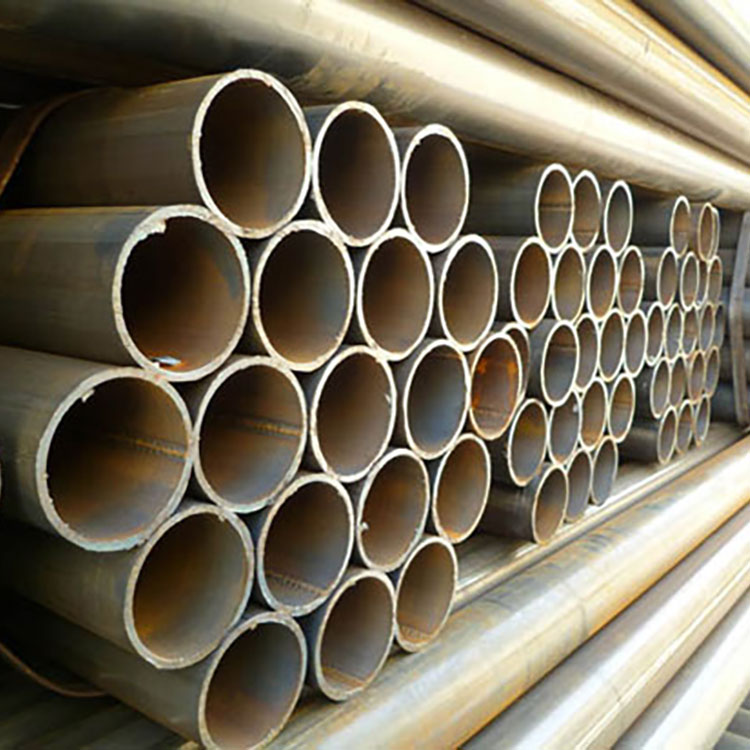Steel Pipes Underground: Protection Against Corrosion
2024-02-21
Introduction:
Steel pipes are widely used in various industries and applications due to their strength, durability, and versatility. However, when it comes to underground applications, steel pipes are susceptible to corrosion from environmental factors such as moisture, soil conditions, and chemical exposure. In this blog, we'll explore whether steel pipes can be used for underground applications and delve into the methods employed to protect them from corrosion.
Can Steel Pipes Be Used for Underground Applications?
Yes, steel pipes can indeed be used for underground applications, including water and gas pipelines, sewer systems, drainage systems, and underground utilities. However, without adequate protection, steel pipes are vulnerable to corrosion, which can compromise their structural integrity and longevity. Therefore, implementing corrosion protection measures is essential to ensure the reliability and longevity of underground steel pipe systems.
Methods of Protecting Steel Pipes from Corrosion:
1. External Coatings:
One of the most common methods of protecting steel pipes from corrosion in underground applications is through the application of external coatings. These coatings act as a barrier between the steel surface and corrosive elements in the surrounding environment, such as moisture, soil, and chemicals. Common external coatings include epoxy, polyethylene, coal tar enamel, and fusion-bonded epoxy (FBE) coatings. These coatings are applied to the exterior surface of the steel pipe through various techniques, such as spraying, wrapping, or dipping, to provide durable protection against corrosion.
2. Cathodic Protection:
Cathodic protection is another effective corrosion mitigation technique used for underground steel pipes. This method involves the use of sacrificial anodes or impressed current systems to create a protective electrical current that prevents corrosion from occurring on the steel surface. Sacrificial anodes, typically made of zinc or magnesium, are attached to the steel pipe and corrode in place of the steel, thereby protecting it from corrosion. Impressed current systems, on the other hand, utilize an external power source to generate a protective current that neutralizes corrosive reactions on the steel surface.
3. Underground Coatings:
In addition to external coatings, steel pipes used in underground applications may also be coated with specialized underground coatings designed to withstand harsh soil conditions and chemical exposure. These coatings provide an extra layer of protection against corrosion and abrasion, ensuring the long-term durability of the steel pipe system. Underground coatings are typically applied in conjunction with external coatings to provide comprehensive corrosion protection.
4. Proper Installation and Maintenance:
Proper installation and maintenance practices are essential for ensuring the effectiveness of corrosion protection measures for underground steel pipes. This includes careful handling and storage of pipes, thorough surface preparation before coating application, and regular inspection and maintenance of the protective coatings. Additionally, monitoring corrosion rates and implementing corrosion management strategies can help identify potential issues early and prevent corrosion-related failures.
Conclusion:
While steel pipes can be used for underground applications, protecting them from corrosion is critical to ensure their performance and longevity. External coatings, cathodic protection, underground coatings, and proper installation and maintenance practices are key methods employed to safeguard steel pipes from corrosion in underground environments. By implementing these corrosion protection measures, underground steel pipe systems can withstand the rigors of their environment and continue to provide reliable service for years to come.



